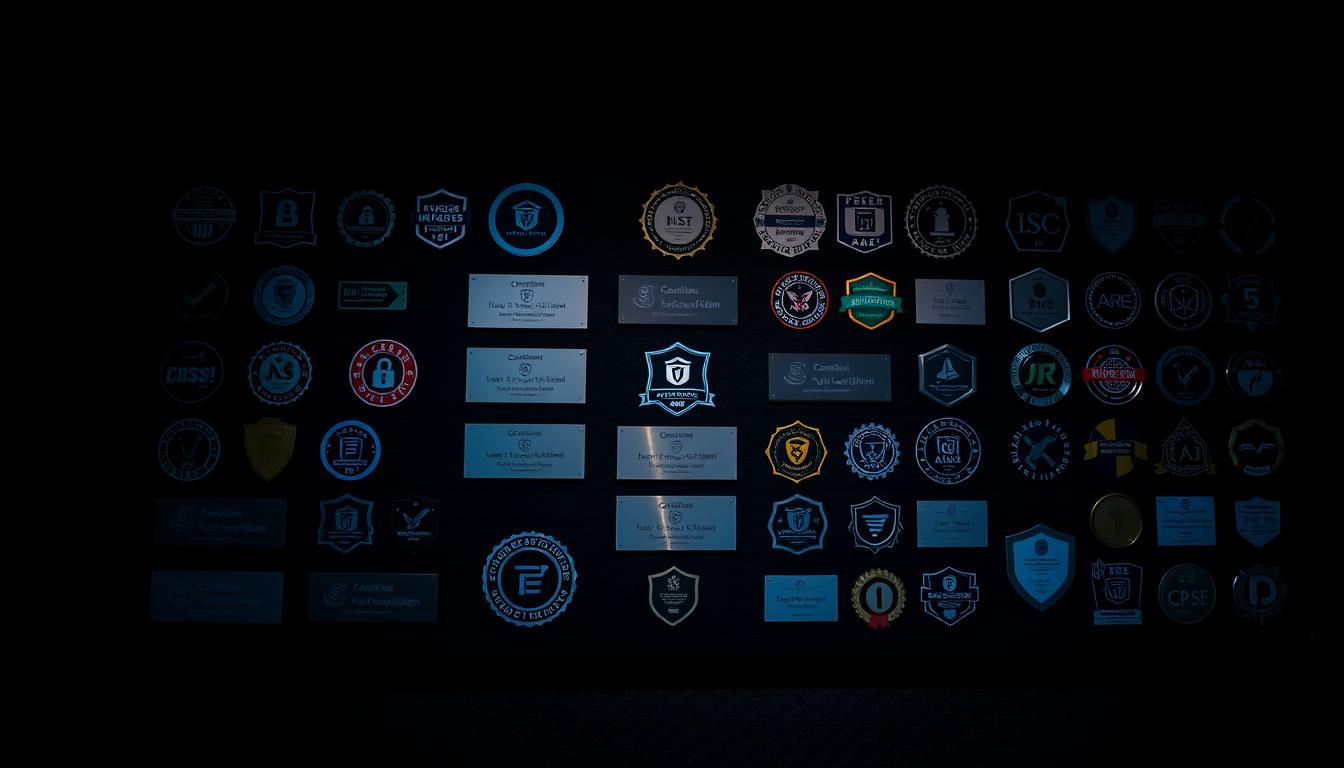The demand for skilled cybersecurity professionals is skyrocketing, with jobs expected to grow by 32 percent between 2022 and 2032. As technology advances and our world becomes increasingly interconnected, the importance of security measures has never been more critical.
Investing in the right certification can significantly boost your career prospects and earning potential in this rapidly evolving industry. With the rise of cloud computing, cloud security certifications are becoming increasingly valuable.
By obtaining the right certification, you can enhance your skills and stay ahead in the competitive cybersecurity landscape.
Key Takeaways For Cyber Security Edge :
- Discover the most valuable cybersecurity certifications for 2025.
- Learn how the right certification can boost your career prospects.
- Understand the growing importance of cloud security certifications.
- Explore the top certifications that can enhance your skills and earning potential.
- Find out how to stay ahead in the rapidly evolving cybersecurity industry.
The Growing Importance of Cybersecurity Credentials in 2025
Cybersecurity credentials are becoming increasingly vital as we move into 2025. With the proliferation of data breaches and cyber threats, cybersecurity stands as the critical defense against potential financial, reputational, and security disasters.
The industry’s rapid expansion is driven by the escalating complexity and frequency of cyber threats, leading to a significant demand for qualified cybersecurity professionals. As organizations face unprecedented regulatory pressure around data protection and privacy, the need for security professionals who understand compliance frameworks and can implement effective risk management strategies has become urgent.
The cybersecurity landscape in 2025 is characterized by increasingly sophisticated threats, with attackers leveraging advanced technologies like AI to breach security systems. This makes specialized credentials more valuable than ever before. The global cybersecurity skills gap continues to widen, with an estimated 3.5 million unfilled positions expected by 2025, making certified professionals extremely valuable in the job market.
- The financial impact of data breaches continues to rise, with the average cost exceeding $4.5 million in 2024, driving executive-level focus on hiring qualified security talent with verified credentials.
- Information security management has evolved into a strategic business function, with certified professionals increasingly participating in high-level decision-making about organizational priorities and resource allocation.
- The industry is seeing a shift toward specialized certifications that validate expertise in emerging areas like cloud security, IoT protection, and AI-driven threat detection.
As digital transformation accelerates across industries, the security perimeter has essentially disappeared, requiring professionals with specialized credentials who can protect distributed workforces and complex hybrid infrastructures. Cybersecurity is no longer just an IT concern but has become a critical business risk management function, elevating the importance of professionals who can communicate security needs to leadership.
Why Cybersecurity Certifications Matter in Today’s Job Market
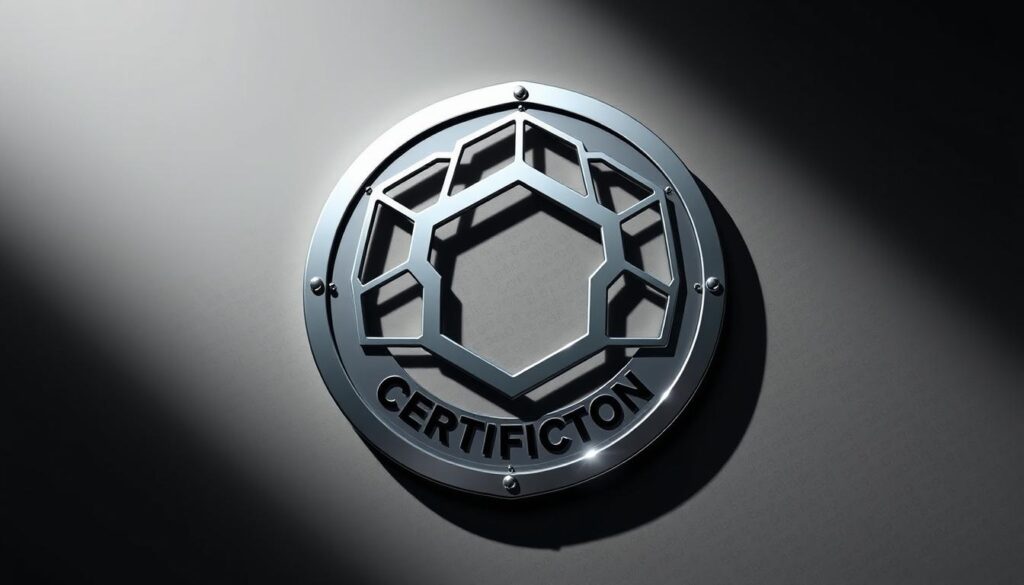
In today’s competitive job market, having a cybersecurity certification can be a game-changer for your career. Cybersecurity certifications validate your technical skills and knowledge, providing an independent assessment of your qualifications to potential employers.
Cybersecurity certifications serve as objective validation of your capabilities, giving employers confidence in your skills even without extensive work experience. Many organizations now use certification requirements as an initial screening tool for job candidates, making these credentials essential just to get your foot in the door for security positions.
The process of preparing for certification exams helps you develop comprehensive knowledge across multiple security domains, filling potential gaps in your practical experience. Certified professionals typically command higher salaries, with some credentials associated with pay premiums of 15-25% compared to non-certified peers in similar roles.
- Cybersecurity certifications demonstrate your commitment to professional development and staying current with evolving security threats and technologies.
- Certifications provide a structured pathway into information security roles, helping you translate transferable skills from other fields into recognized security qualifications.
- Employers value certifications because they establish a baseline of knowledge and skills, creating consistency in their security teams.
By obtaining a cybersecurity certification, you can broaden your horizons, enhance your job prospects, and boost your earning potential. In a rapidly evolving threat landscape, certifications ensure your skills remain relevant and up-to-date.
Top 10 Cyber Security Certifications for 2025
Cybersecurity certifications are becoming increasingly vital in 2025 as organizations seek skilled professionals to protect their networks and systems. With the rise in cyber threats, having the right certification can make a significant difference in your career. Here are the top 10 cybersecurity certifications to consider in 2025.
Certified Information Systems Security Professional (CISSP)
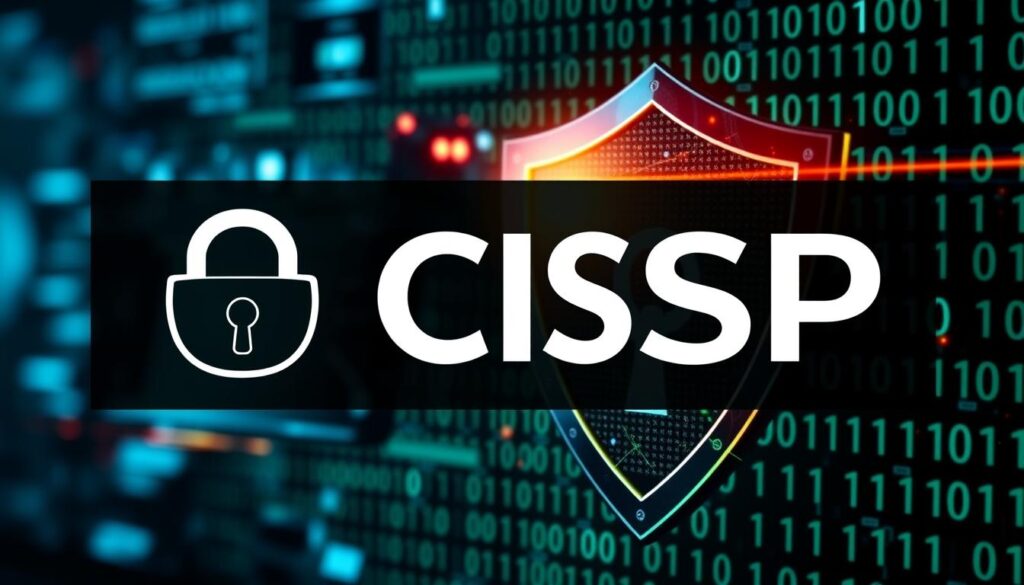
The CISSP certification is one of the most prestigious credentials in the cybersecurity industry. It validates your ability to design, implement, and manage a cybersecurity program. The certification cost and requirements vary, but it is generally considered a valuable investment for cybersecurity professionals.
Earning the CISSP certification demonstrates your expertise in security and risk management, asset security, and software development security, among other domains. It’s ideal for those looking to advance their careers in cybersecurity.
CompTIA Security+
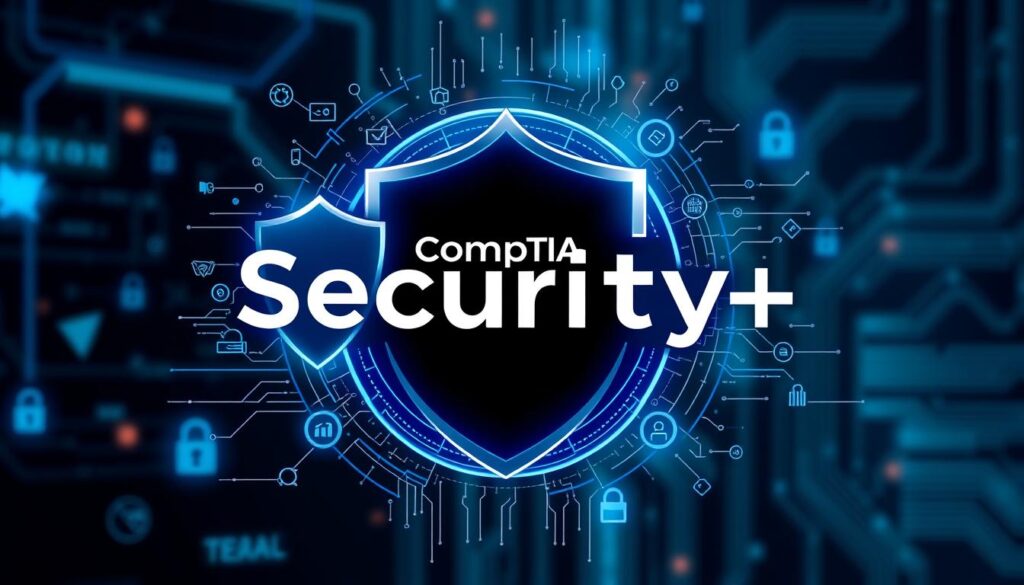
CompTIA Security+ is a widely recognized certification that covers a broad range of security topics, including risk management, vulnerabilities, and data protection. It’s an excellent starting point for those new to cybersecurity.
The certification training typically includes coursework on network security, compliance, and operational security, preparing you for the exam and a career in cybersecurity.
Certified Ethical Hacker (CEH)

The CEH certification is designed for professionals who want to understand the mindset of hackers and learn how to defend against their attacks. The exam preparation involves studying various hacking techniques and countermeasures.
By earning the CEH certification, you demonstrate your ability to identify vulnerabilities and weaknesses in systems, making you a valuable asset to any organization.
Certified Information Security Manager (CISM)
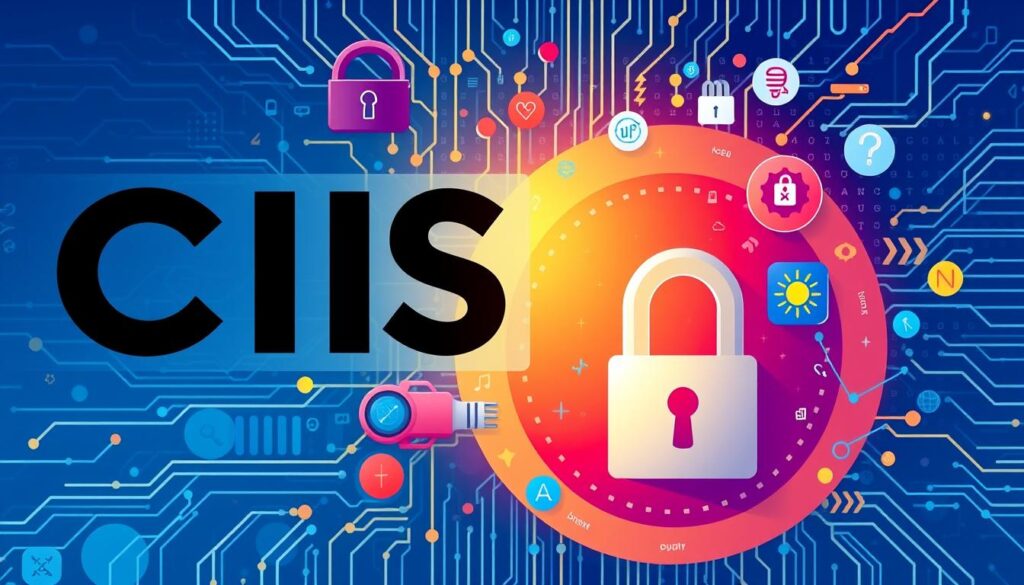
CISM is a certification geared towards IT managers who need to develop and manage an enterprise’s information security program. It focuses on information security governance, risk management, and incident management.
The CISM certification is ideal for professionals looking to transition into management roles within the cybersecurity domain.
Certified Information Systems Auditor (CISA)
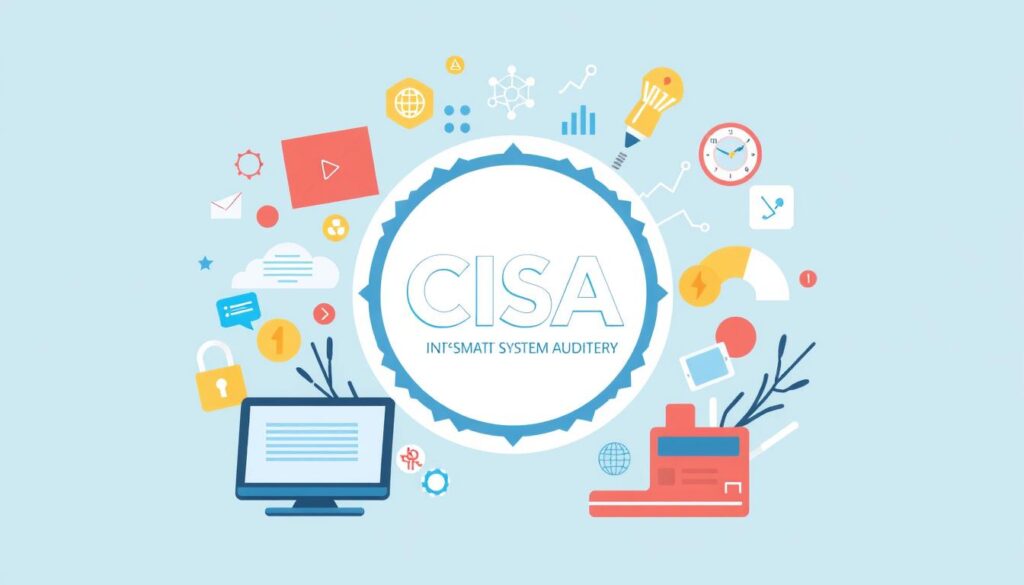
CISA is a certification for IT auditors who need to audit, control, and provide assurance over an organization’s IT and business systems. It’s particularly relevant for those working in IT audit, control, and assurance.
The certification covers areas such as auditing information systems, IT governance, and risk management, making it a valuable credential for IT auditors.
GIAC Security Essentials Certification (GSEC)
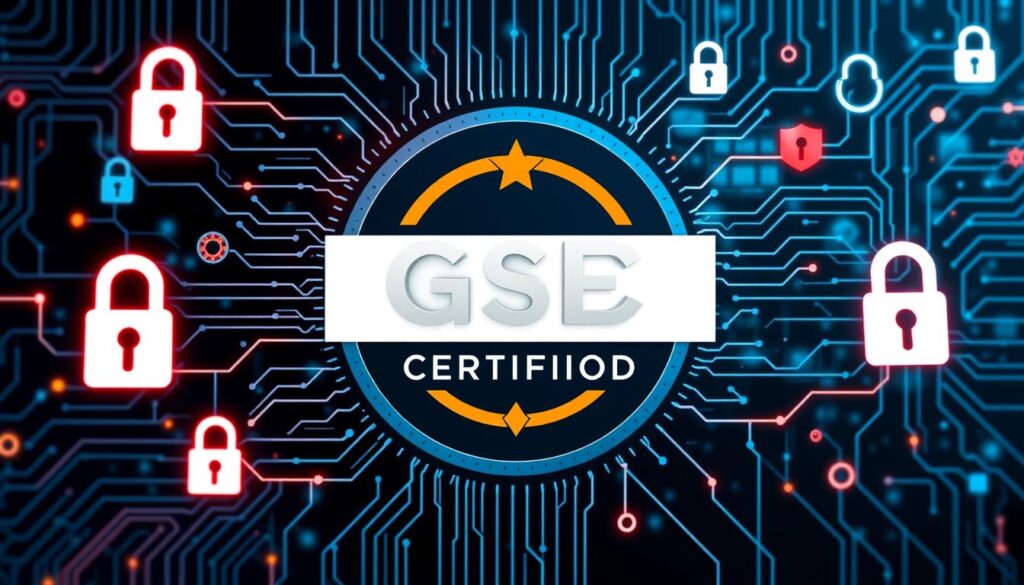
GSEC is a certification that validates your understanding of information security concepts and practices. It’s designed for security professionals who need to demonstrate their knowledge of security fundamentals.
The GSEC certification training covers a wide range of topics, including network security, cryptography, and incident response, ensuring you’re well-rounded in security essentials.
OffSec Certified Professional (OSCP)
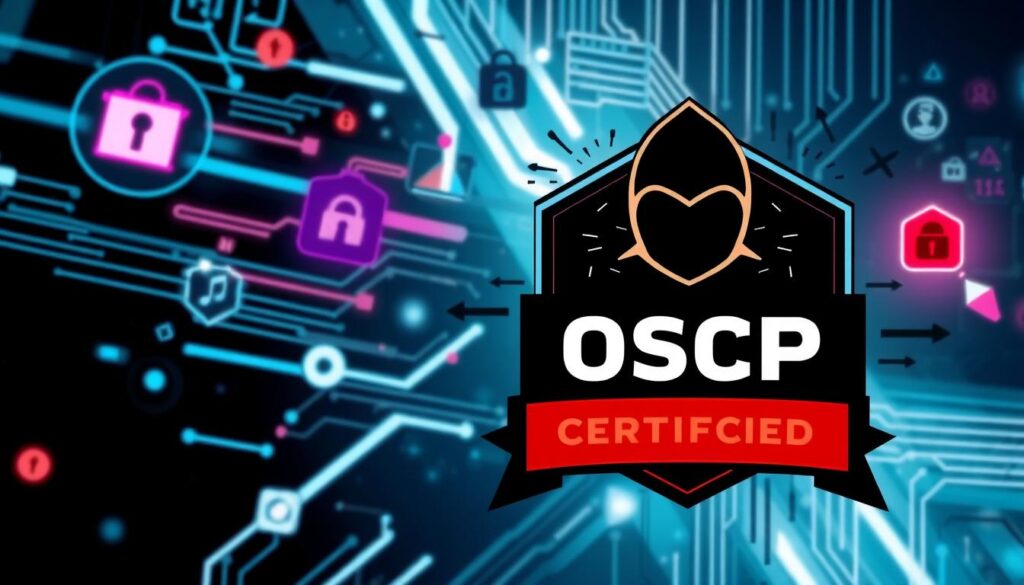
OSCP is a certification that focuses on penetration testing and ethical hacking. It’s known for its hands-on exam, which tests your ability to hack into systems and networks.
Earning the OSCP certification demonstrates your practical skills in penetration testing and vulnerability assessment.
Systems Security Certified Practitioner (SSCP)

SSCP is a certification designed for IT professionals who need to demonstrate their hands-on ability to implement, monitor, and maintain security measures. It’s ideal for those working in or looking to transition into security roles.
The SSCP certification covers a broad range of security topics, including security operations, risk management, and incident response.
Google Cybersecurity Professional Certificate
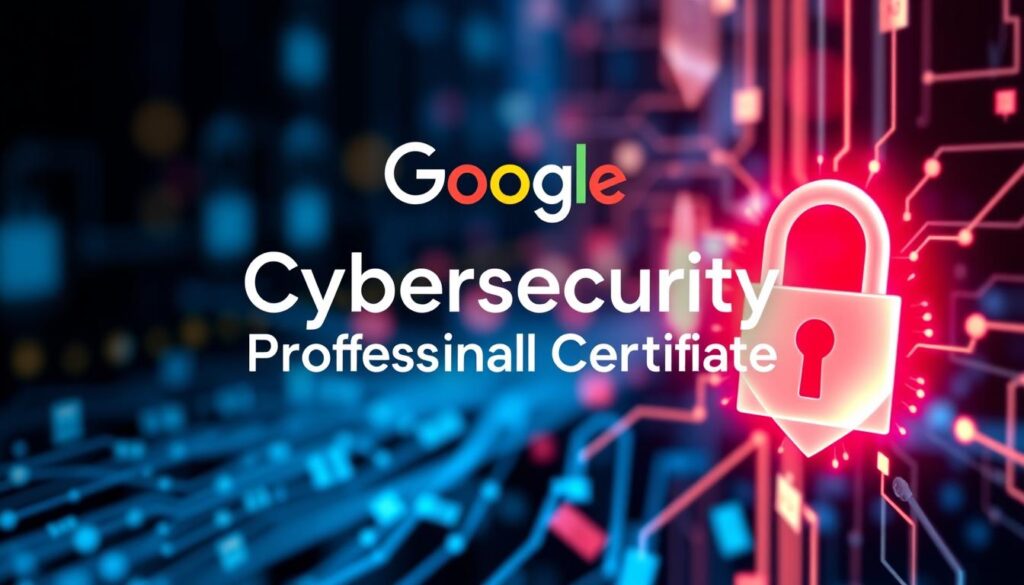
The Google Cybersecurity Professional Certificate is a relatively new credential that focuses on providing a comprehensive understanding of cybersecurity principles and practices. It’s designed for those looking to start or advance their careers in cybersecurity.
The program covers topics such as security operations, risk management, and incident response, preparing you for a variety of roles in the cybersecurity field.
GIAC Certified Incident Handler (GCIH)
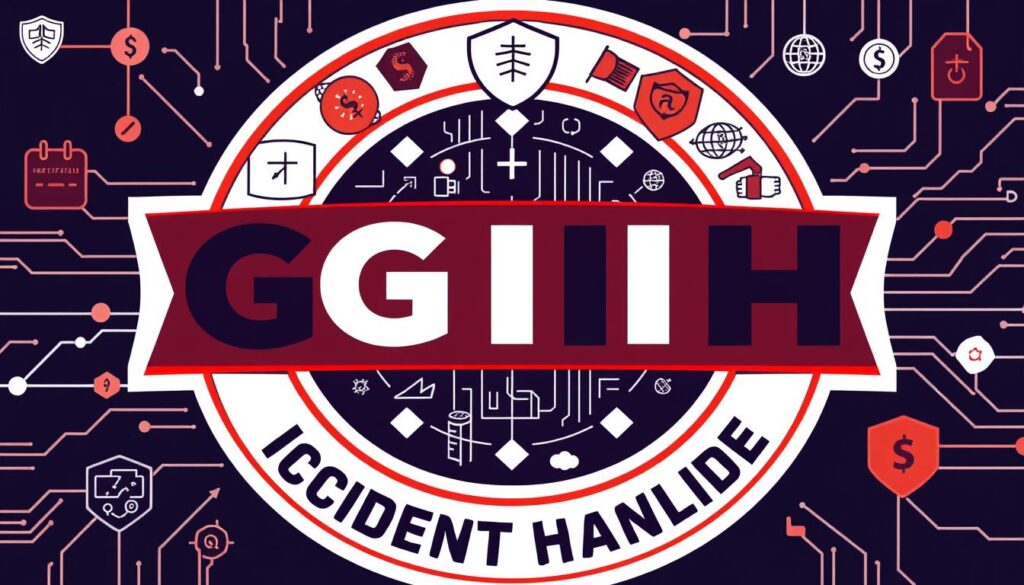
The GCIH certification validates your understanding of offensive operations, including common attack techniques and vectors, and your ability to detect, respond, and defend against attacks. The certification exam covers incident handling, computer crime investigation, hacker exploits, and hacker tools.
Key Benefits of GCIH Certification:
- The GCIH certification has become increasingly valuable in 2025 as organizations face more sophisticated attacks and need skilled professionals who can effectively respond to security incidents.
- This certification validates your ability to detect, analyze, and respond to security incidents using a structured methodology—critical skills for minimizing damage during active breaches.
- GCIH focuses on understanding attacker techniques and tools, giving you insight into how threat actors operate and how to recognize their activities within your systems.
- The certification covers the complete incident handling process from preparation through containment, eradication, recovery, and lessons learned—ensuring you can manage the full lifecycle of security events.
- With no formal prerequisites, GCIH is accessible to security professionals at various career stages, though some background in security operations and networking is recommended for success.
- GCIH-certified professionals are in high demand for roles like incident responder, SOC analyst, and threat hunter, with salaries typically ranging from $85,000 to $120,000.
- The certification’s emphasis on practical response techniques rather than just theoretical knowledge ensures you can take effective action during security incidents when time is critical.
- GCIH complements other security certifications by adding specialized incident response capabilities to your professional toolkit, making you more versatile in security operations roles.
- The certification’s coverage of common vulnerabilities and attack vectors helps you develop a proactive security mindset, identifying potential risks before they lead to incidents.
The cost of the GCIH certification exam is $979. Earning this certification can significantly enhance your career prospects in incident response and related fields.
How to Choose the Right Cybersecurity Certification for Your Career
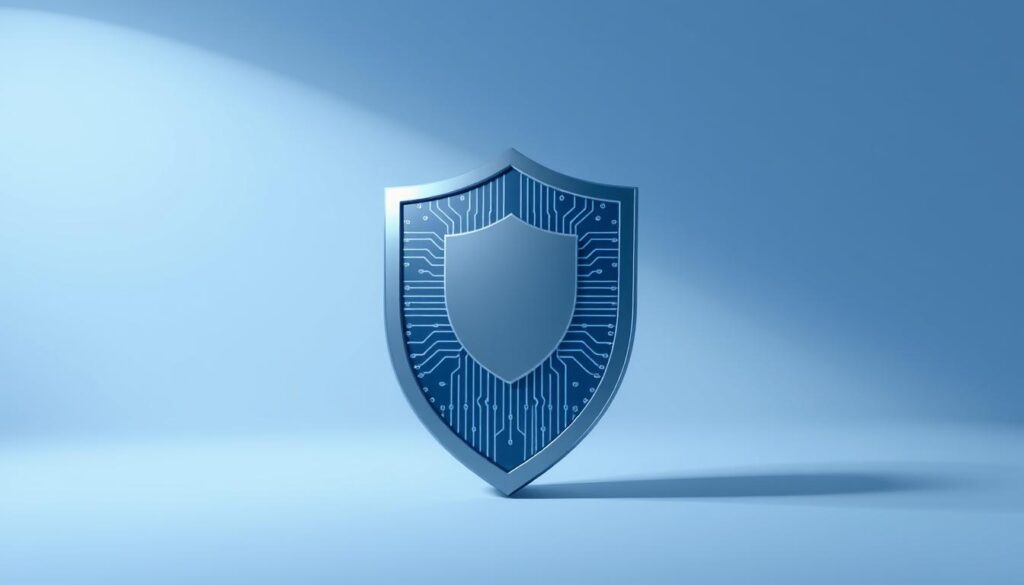
To boost your cybersecurity career, it’s essential to choose a certification that matches your experience, skills, and career objectives. Earning a certification in cybersecurity can validate your hard-earned skills and help you advance your career.
When selecting a cybersecurity certification, consider several key factors. First, assess your current level of experience and skills. If you’re new to security, start with foundational certifications like CompTIA Security+ or the Google Cybersecurity Certificate before pursuing advanced credentials.
Research the job market in your target location by analyzing cybersecurity job postings to identify which certifications appear most frequently in roles you aspire to hold. Consider your long-term career trajectory—if you aim for leadership positions, certifications with management components like CISSP or CISM may be more valuable than purely technical credentials.
Other crucial factors include the financial investment required for the certification, including exam fees, preparation materials, and ongoing maintenance costs. Specialized certifications in high-growth areas like cloud security can offer significant advantages if they align with your interests and your organization’s technology direction.
- Align your certification choice with your career goals and current experience level.
- Consider the time commitment required for studying and maintaining the certification.
- Seek advice from cybersecurity professionals in roles you aspire to hold.
By carefully considering these factors, you can choose a cybersecurity certification that enhances your career prospects and helps you achieve your professional goals.
First Steps to Breaking into Cybersecurity
To launch a career in cybersecurity, you’ll need to build a strong foundation in IT and security principles. Many of the most coveted certifications require previous experience in cybersecurity or IT, so it’s essential to start gaining experience now.
Consider earning a degree in computer science or a related field. While not mandatory, it can help you build a strong foundation and waive some work experience requirements for prestigious certifications. Alternatively, you can start with an entry-level job in IT, such as a help desk administrator or IT support specialist, to accumulate hands-on experience.
Key Strategies for Breaking into Cybersecurity:
- Start with an entry-level IT role to gain foundational technical knowledge and basic security responsibilities.
- Build a home lab environment to practice security techniques and experiment with tools used by security professionals.
- Participate in capture-the-flag (CTF) competitions and bug bounty programs to develop practical security skills.
- Join cybersecurity communities and professional organizations to network with established security professionals.
- Focus on developing fundamental skills in networking, operating systems, and programming languages like Python.
Additionally, consider pursuing an entry-level security certification like Security+ or the Google Cybersecurity Certificate to demonstrate your commitment and baseline knowledge to potential employers. Creating a security-focused portfolio showcasing your projects and analyses of recent security incidents can also help demonstrate your skills.
Remember, many security operations roles have lower experience requirements, making them good entry points for those new to information security. By combining education, hands-on practice, and strategic planning, you can set yourself up for success in this in-demand industry.
Conclusion About Cyber Security Edge :
As you navigate the complex landscape of cybersecurity in 2025, obtaining the right certification can be a game-changer for your career. The top cybersecurity certifications we’ve explored offer diverse pathways into and through the security profession, from foundational credentials like CompTIA Security+ to advanced management certifications like CISSP and CISM.
Investing in a relevant cybersecurity certification can significantly accelerate your career progression, increase your earning potential, and open doors to specialized security roles. As organizations continue to face evolving threats, certified security professionals who can demonstrate validated skills will remain in high demand across all industries and sectors.
To maximize your career growth, consider your certification strategy as a long-term investment in your professional development. Regularly reassess which credentials will best support your evolving goals in information security and cloud security. By doing so, you’ll be well-equipped to make meaningful contributions to organizational and societal security.
